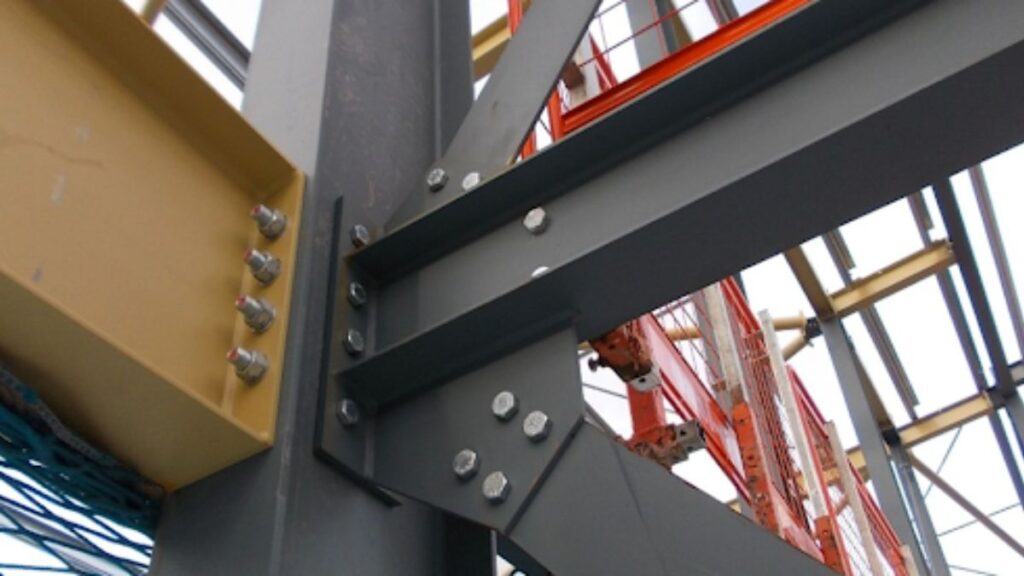Special Inspections: More than Just a Checklist
Special inspections aren’t just about ticking off boxes on a list. They involve a comprehensive process that examines the construction project from multiple angles—material quality, construction techniques, and even the machinery involved—to ensure compliance with the international building code and other referenced standards. The inspector’s role often starts even before the first shovel hits the ground and continues until the project reaches completion.
Why a Special Inspection Agency Matters
Choosing the right special inspection agency is crucial for any construction project. A registered special inspection agency will have qualified inspectors on board, sophisticated equipment for testing, and a comprehensive special inspection program that aligns with the requirements of the local building code. The agency acts as an independent third party, validating that the project meets the strict industry standards and qualifications.
Registered special inspection agency
To perform special inspections, one must possess a deep understanding of the international building code, construction methods, and selected materials. In some states like California, special training and registration are required. The process involves more than just eyeballing; it includes various tests, equipment checks, and even core sampling in some cases to ensure the grade and quality of materials.
A Glimpse into Special Inspection Services
Special inspection services go beyond the standard building inspection and often involve advanced tests like non-destructive testing, concrete construction quality checks, and specialized equipment inspections. Some of these services can only be performed by inspectors with particular certifications, making their expertise invaluable in ensuring the safety and longevity of construction projects.
Tackling the Challenges of Construction Projects
Construction projects are fraught with challenges, from obtaining approval for plans to ensuring the fabrication and placement of components are done correctly. Special inspectors are the guardians who ensure every chapter of the project adheres to the code, right from the initial approval to the final testing and registration. However, it’s not an easy task. They must continually update their certifications and stay on top of ever-changing regulations and standards.
The Engineer’s Role on the Construction Site
Structural engineers are primarily concerned with designing and constructing buildings and structures that are safe and capable of withstanding the elements to which they will be exposed, as well as improving the structural integrity of existing buildings. They aren’t merely ticking off a checklist; they’re assessing the work in progress to ensure it conforms to design plans and quality benchmarks. It’s the engineer’s trained eye that often catches inconsistencies and rectifies them before they escalate, thereby ensuring that contractors remain true to the project’s design and safety guidelines.
Testimonial by Alan Christensen:
“Justin was evaluating structural stability. I also asked him about stability and seismic activity because of the recent earthquake in Türkiye. He was knowledgeable and helpful. I was glad for the information he gave me as it put my mind at ease, knowing what he has concluded. He was professional and well-informed, and I was glad for his evaluation.”
Expertise in Structural Inspections
Special inspectors often possess niche specializations, and structural inspections are among the most critical. In such cases, the focus is not just on the materials used but also on the structural integrity of the building. This includes assessing load-bearing walls, foundations, and other key structural elements. A minor error in any of these could result in significant safety risks, making the role of a specialized inspector invaluable in safeguarding both lives and investments.
Government Oversight and Third-Party Roles
Government entities often establish the framework and guidelines for how inspections should be conducted. However, given the technical nature of some projects or due to resource constraints, the government may not always be equipped to handle inspections in-house. In such instances, they rely on third-party agencies like Level Engineering & Architecture. With a skilled team and cutting-edge resources, Level fills this gap seamlessly, ensuring that even the most complex projects are inspected with the utmost precision.
Meeting Design Intent: A Core Responsibility
A special inspector’s role doesn’t end at ensuring code compliance; they must also verify that the work aligns with the project’s design intent. These professionals often have engineering backgrounds that equip them with expertise akin to that of the designer. This unique skill set enables them to act as gatekeepers, ensuring that what is planned is precisely what gets built. Through rigorous testing and assessment, they confirm that contractors have correctly interpreted the design and are executing it to the established specifications.
The Significance of Approved Construction Documents
In any project, the approved construction documents serve as the bible that guides all activities. Special inspectors play a pivotal role in ensuring that what is executed aligns with these documents, ensuring every component complies with the outlined specifications.
Q&A:
- What special inspections are required in NYC? Special inspections in NYC often include a focus on fire-resistant materials, inspection on welding and ADA compliance, among other elements.
- How do I get a special inspector in California? In California, you can consult the state’s professional engineer registration board for a list of certified special inspectors.
- What is an ICC special inspector? An ICC special inspector is certified by the International Code Council and is considered highly qualified to inspect various types of construction.
Conclusion: Special inspectors are more than just overseers; they are essential participants in the complex process that transforms raw materials and plans into standing structures. Their qualifications, certifications, and attention to detail make them an indispensable part of the construction industry. If you’re in the engineering and architecture sector and are looking for reliable special inspection services, contact Level Engineering & Architecture for top-notch expertise.

